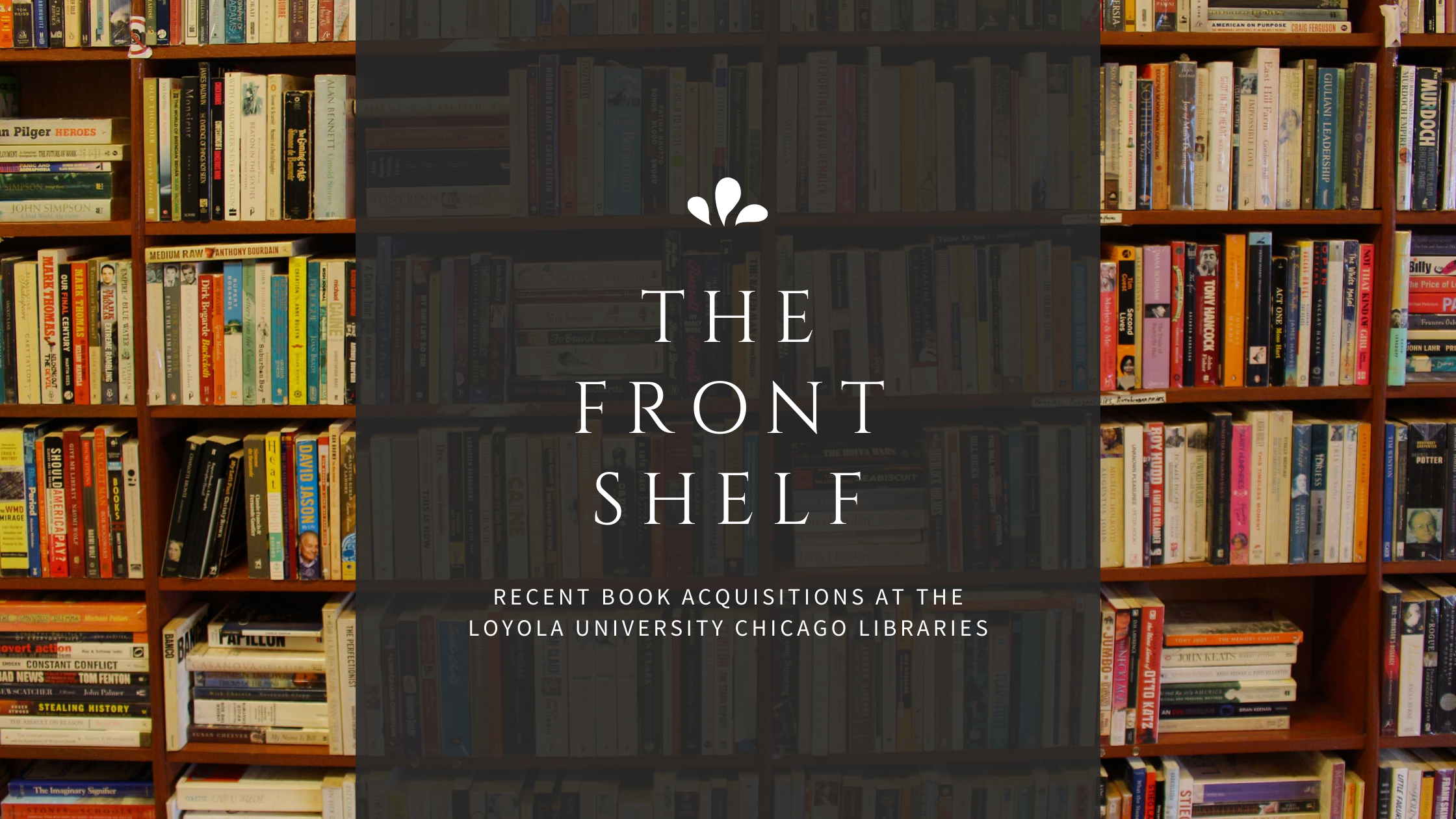Wednesday, September 1st, 2021
Each month, we will post a selection of recently-acquired books, from new releases to old classics, which have been added to our catalog and are available for use by the Loyola community. This series is inspired by The Seminary Co-op’s “The Front Table” publication: https://www.semcoop.com/.
This month’s edition includes primarily ebooks. Links to catalog records are included in the descriptions.
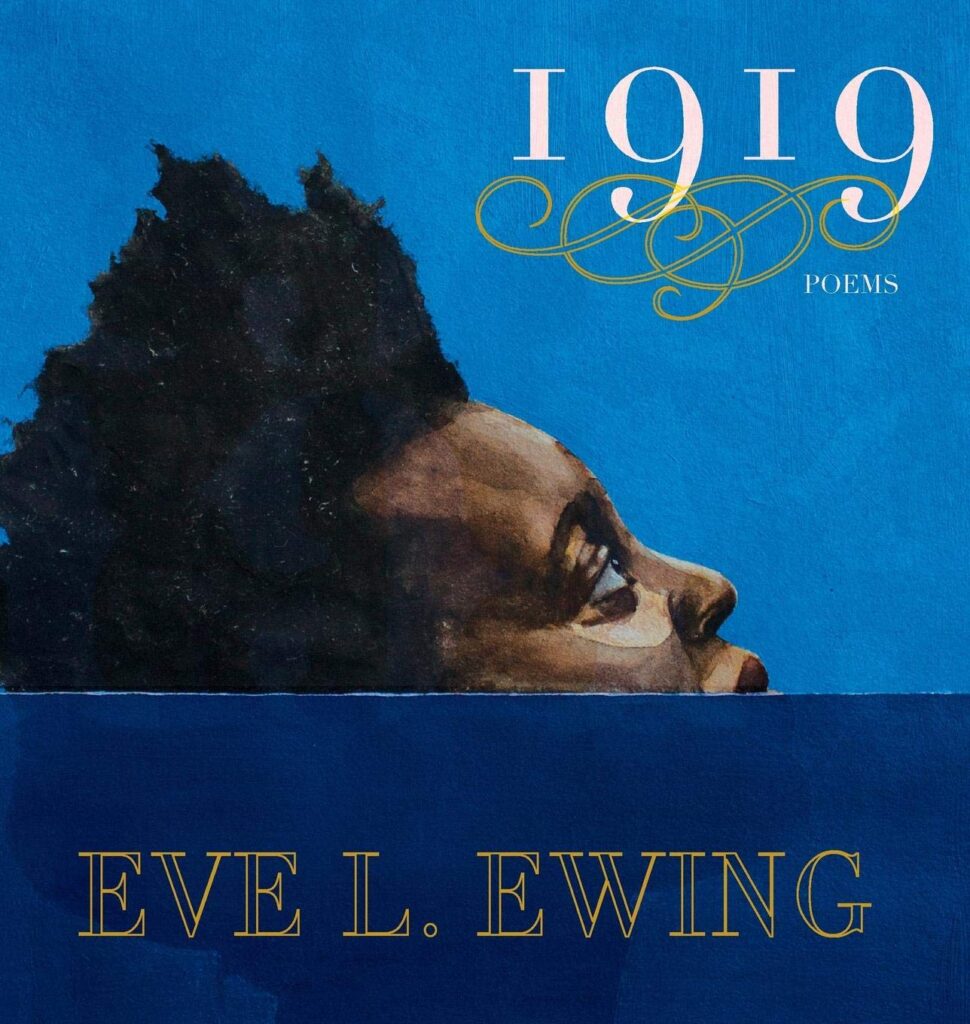
Ewing, Eve L. 1919. Haymarket Books, 2019.
click here for access (print, ebook)
Poetic reflections on race, class, violence, segregation, and the hidden histories that shape our divided urban landscapes.
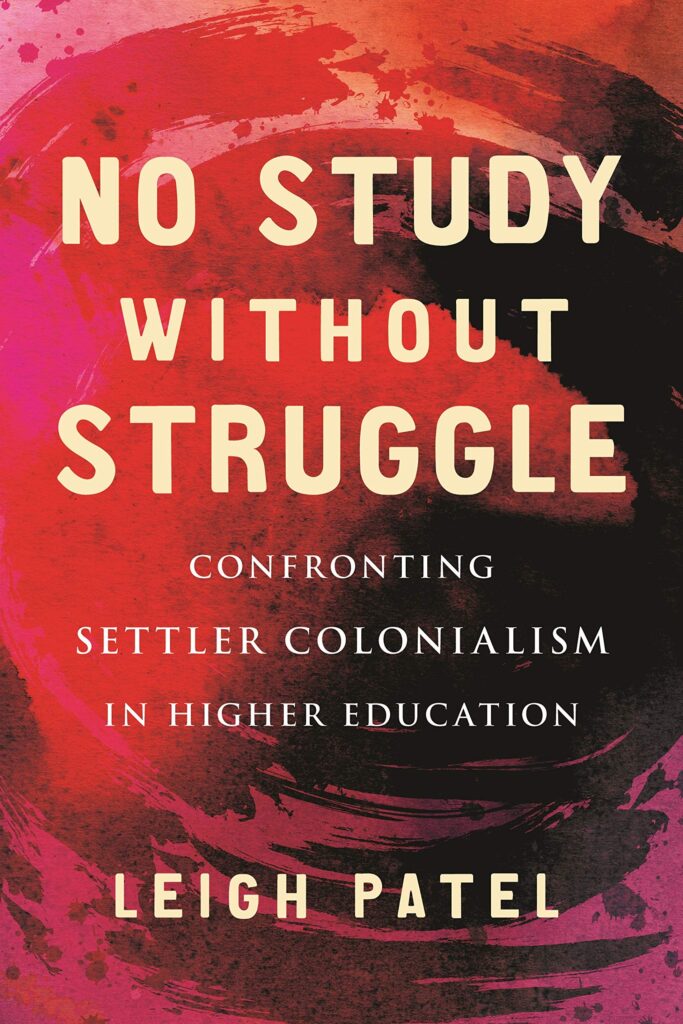
Patel, Leigh. No Study Without Struggle : Confronting Settler Colonialism in Higher Education . Beacon Press, 2021.
click here for access (ebook)
Using campus social justice movements as an entry point, Leigh Patel shows how the struggles in higher education often directly challenged the tension between narratives of education as a pathway to improvement and the structural reality of settler colonialism that creates and protects wealth for a select few. Through original research and interviews with activists and organizers from Black Lives Matter, The Black Panther party, the Student Nonviolent Coordinating Committee, the Combahee River Collective, and the Young Lords, Patel argues that the struggle on campuses reflect a starting point for higher education to confront settler strategies. She reveals how blurring the histories of slavery and Indigenous removal only traps us in history and perpetuates race, class, and gender inequalities. By acknowledging and challenging settler colonialism, Patel outlines the importance of understanding the relationship between the struggle and study and how this understanding is vital for societal improvement.
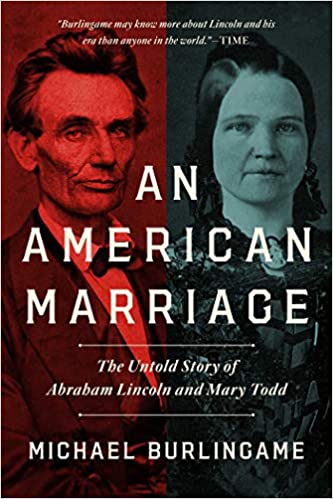
Burlingame, Michael. An American Marriage : the Untold Story of Abraham Lincoln and Mary Todd . First Pegasus Books cloth edition., Pegasus Books, 2021.
click here for access (ebook)
An enlightening narrative exploring an oft-overlooked aspect of the sixteenth president’s life, An American Marriage reveals the tragic story of Abraham Lincoln’s marriage to Mary Todd. Abraham Lincoln was apparently one of those men who regarded “connubial bliss” as an untenable fantasy. During the Civil War, he pardoned a Union soldier who had deserted the army to return home to wed his sweetheart. As the president signed a document sparing the soldier’s life, Lincoln said: “I want to punish the young man–probably in less than a year he will wish I had withheld the pardon.” Based on thirty years of research, An American Marriage describes and analyzes why Lincoln had good reason to regret his marriage to Mary Todd. This revealing narrative shows that, as First Lady, Mary Lincoln accepted bribes and kickbacks, sold permits and pardons, engaged in extortion, and peddled influence. The reader comes to learn that Lincoln wed Mary Todd because, in all likelihood, she seduced him and then insisted that he protect her honor. Unlike her husband, she was not profoundly opposed to slavery and hardly qualifies as the “ardent abolitionist” that some historians have portrayed. While she provided a useful stimulus to his ambition, she often “crushed his spirit,” as his law partner put it. In the end, Lincoln may not have had as successful a presidency as he did–where he showed a preternatural ability to deal with difficult people–if he had not had so much practice at home.
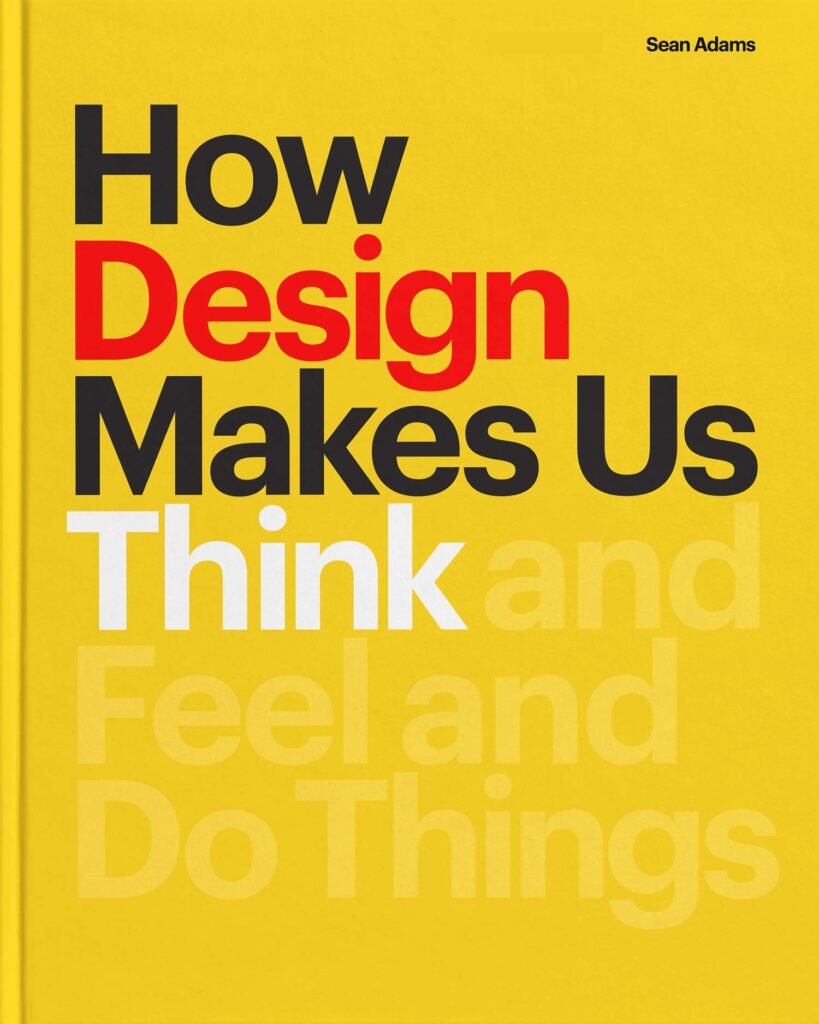
Adams, Sean. How Design Makes Us Think : and Feel and Do Things . Princeton Architectural Press, 2021.
click here for access (ebook)
From posters to cars, design is everywhere. While we often discuss the aesthetics of design, we don’t always dig deeper to unearth the ways design can overtly, and covertly, convince us of a certain way of thinking. How Design Makes Us Think collects hundreds of examples across graphic design, product design, industrial design, and architecture to illustrate how design can inspire, provoke, amuse, anger, or reassure us. Graphic designer Sean Adams walks us through the power of design to attract attention and convey meaning. The book delves into the sociological, psychological, and historical reasons for our responses to design, offering practitioners and clients alike a new appreciation of their responsibility to create design with the best intentions. How Design Makes Us Think is an essential read for designers, advertisers, marketing professionals, and anyone who wants to understand how the design around us makes us think, feel, and do things.
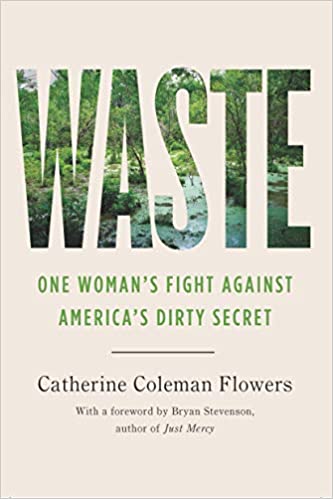
Flowers, Catherine Coleman, and Bryan Stevenson. Waste : One Woman’s Fight Against America’s Dirty Secret . The New Press, 2020.
click here for access (ebook)
MacArthur “genius” Catherine Coleman Flowers grew up in Lowndes County, Alabama, a place that’s been called “Bloody Lowndes” because of its violent, racist history. Once the epicenter of the voting rights struggle, today it’s Ground Zero for a new movement that is Flowers’s life’s work. It’s a fight to ensure human dignity through a right most Americans take for granted: basic sanitation. Too many people, especially the rural poor, lack an affordable means of disposing cleanly of the waste from their toilets, and, as a consequence, live amid filth. Flowers calls this America’s dirty secret. In this powerful book she tells the story of systemic class, racial, and geographic prejudice that foster Third World conditions, not just in Alabama, but across America, in Appalachia, Central California, coastal Florida, Alaska, the urban Midwest, and on Native American reservations in the West. Flowers’s book is the inspiring story of the evolution of an activist, from country girl to student civil rights organizer to environmental justice champion at Bryan Stevenson’s Equal Justice Initiative. It shows how sanitation is becoming too big a problem to ignore as climate change brings sewage to more backyards, and not only those of poor minorities.
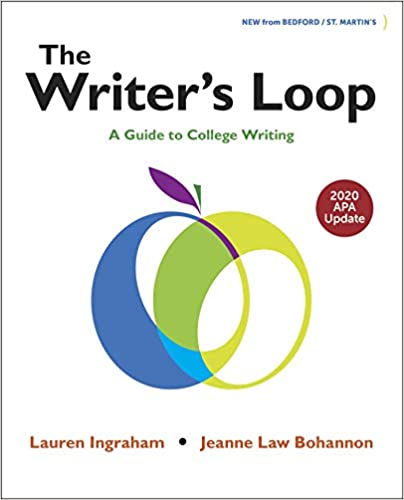
Ingraham, Lauren, and Jeanne Law Bohannon. The Writer’s Loop : a Guide to College Writing . Bedford/St. Martin’s, 2020.
click here for access (print, ebook)
The Writer’s Loop, presents a refreshing, practical approach to writing, based on the habits of strong writers, who pause often, reflect, and loop backwards and forwards as they revise on their way to a final draft. With integrated videos, relatable examples, clear explanations, and a consistent, scaffolded learning framework, each brief chapter engages writers through reflection and practices that support the most common types of academic writing, including essays, arguments, and research projects Achieve with Ingraham and Bohannon, The Writer’s Loop combines instruction with integrated videos, powerful writing tools, and customizable multi-draft writing assignments.
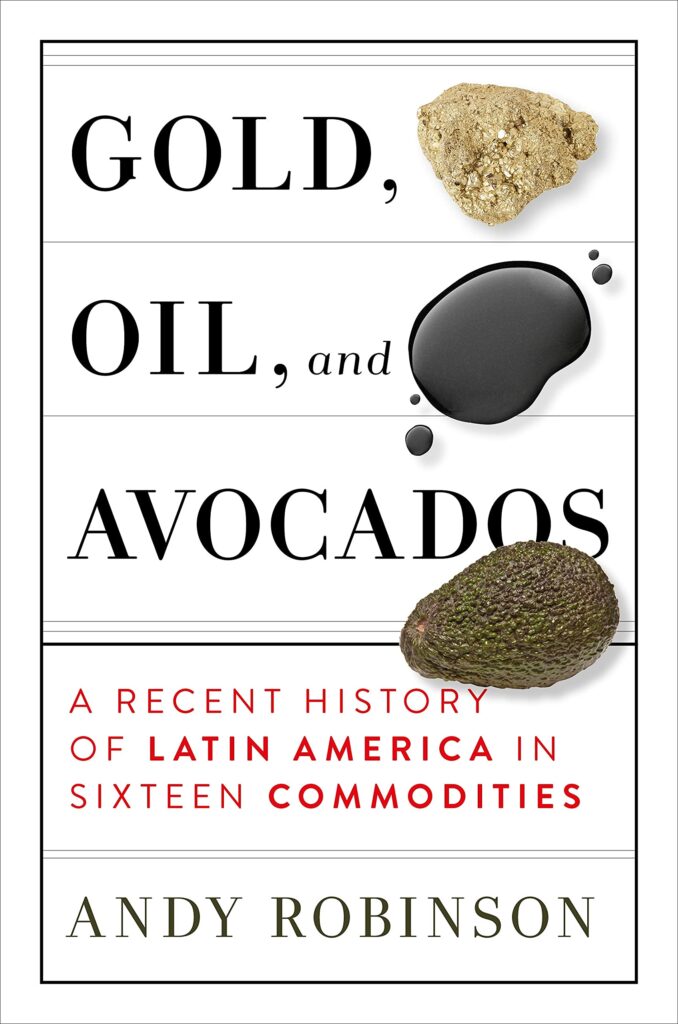
Robinson, Andy. Gold, Oil, and Avocados : a Recent History of Latin America in Sixteen Commodities . Melville House, 2021.
click here for access (ebook)
The past decade has seen major political upheaval in Latin America–from Brazil to Chile to Venezuela to Bolivia–but to understand what happened, ask first where your quinoa and lithium batteries came from…The 21st century began optimistically in Latin America. Left-leaning leaders armed with programs to reduce poverty and reclaim national wealth were seeing results—but as the aughts gave way to the teens, they began to fall like dominos. Where did the dreams of this ‘pink tide’ go? Look no further than the original culprits of Latin American disenfranchisement: resource-rich land and unscrupulous extraction. Recounting the story commodity by commodity, Andy Robinson reveals what oxen have to do with the rise of Jair Bolsonaro, how quinoa explains the mob that descended on Evo Morales, and why oil is the culprit behind the protracted coup in Venezuela. In addition to the usual suspects like gold and bananas which underscored the original plunder of the Americas, Robinson also shows how a new generation of valuable resources—like coltan for smartphones, lithium for electric cars, and niobium for SpaceX rockets—have become important players in the fate of Latin America. And as the energy transition sets mineral prices soaring, Latin America remains at the mercy of the rollercoaster of commodity prices. In Gold, Oil, and Avocados, Robinson takes readers from the salt plains of Chile to the depths of the Amazonian jungle to stitch together the story of Latin America’s last decade, showing how the imperial plunder of the past carries on today under a new name.
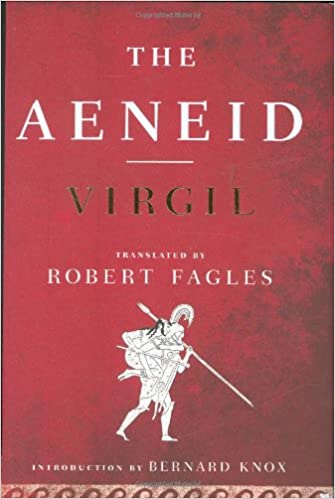
Virgil, and John Dryden. The Aeneid. The Floating Press, 2009.
click here for access (print, ebook)
From the award-winning translator of The Iliad and The Odyssey comes a brilliant new translation of Virgil’s great epic. Fleeing the ashes of Troy, Aeneas, Achilles’ mighty foe in the Iliad, begins an incredible journey to fulfill his destiny as the founder of Rome. His voyage will take him through stormy seas, entangle him in a tragic love affair, and lure him into the world of the dead itself–all the way tormented by the vengeful Juno, Queen of the Gods. Ultimately, he reaches the promised land of Italy where, after bloody battles and with high hopes, he founds what will become the Roman empire. An unsparing portrait of a man caught between love, duty, and fate, the Aeneid redefines passion, nobility, and courage for our times. Robert Fagles, whose acclaimed translations of Homer’s Iliad and Odyssey were welcomed as major publishing events, brings the Aeneid to a new generation of readers, retaining all of the gravitas and humanity of the original Latin as well as its powerful blend of poetry and myth. Featuring an illuminating introduction to Virgil’s world by esteemed scholar Bernard Knox, this volume lends a vibrant new voice to one of the seminal literary achievements of the ancient world.
